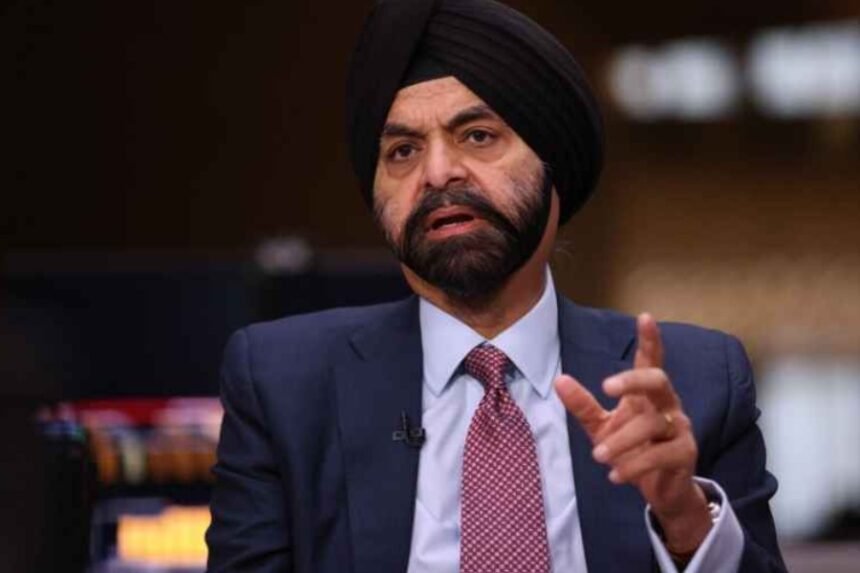Ajay Banga has been confirmed as the next president of the World Bank, succeeding David Malpass who is stepping down early amid criticism over his stance on climate change. The development lender’s board approved Banga’s leadership for a five-year term, with the bank stating that it looked forward to working with him on all of its ambitions and efforts aimed at tackling the toughest development challenges facing developing countries.
Banga, the US candidate who was the sole nominee for the top job, will begin his new role on June 2. Despite growing public unease over America’s continued grip on the bank’s presidency from developing and emerging economies, the trend continues with Banga, who was born into a Sikh family in India and is a naturalized US citizen. He previously ran the payments company Mastercard for more than a decade between 2010 and 2021 and has served on the boards of the American Red Cross, Kraft Foods, and Dow Inc.
Banga will take control of the bank shortly after member countries endorsed measures to allow it a $50 billion lending boost over the next decade, a key objective of outgoing president Malpass. The move is part of an ongoing evolution of the development lender amid pushes for it to meet global challenges like climate change. The bank estimates that developing countries will need $2.4 trillion every year for the next seven years just to address the costs of climate change, conflict, and the pandemic.
During his candidacy, Banga called for greater private-sector funding to help tackle financing for global problems, saying that “there is not enough money without the private sector.” He added that an organization like the World Bank should set up a system that could share risk or mobilize private funds to achieve its goals.
However, some countries have expressed concerns that new objectives could relegate the pressing economic development needs of members in developing economies. “We want to make sure that the development agenda is not diluted in the climate agenda,” said Abdoul Salam Bello, a member of the bank’s executive board representing 23 African countries. “Climate is important, but we don’t want to have a trade-off where we have an agenda that will be climate versus development.”
